Zyn Nicotine Pouches are everywhere, but the long-term health risks are unclear.
Zyn Nicotine Pouches have been called “life enhancers” by netizens, with young people taking Zyn before a workout to push themselves to the gym, while others say they take Zyn throughout the day to get the nicotine high.
The pouches, which first appeared in 2014, have exploded in popularity over the past few years due to the hype that they can increase alertness and concentration while also producing a temporary high. Nearly 385 million cans of Icebreaker-like cans filled with white, fingernail-sized sachets were sold in the United States in 2023, a 62% increase from 2022, although the long-term health effects are unclear.
Each cigarette pack contains nicotine salts, which are absorbed into the blood through the mouth. They come in flavors such as coffee, cold mint and Bellini. Bellini is not available in the US.
While Nicotine Pouches contain no tobacco and therefore reduce some of the health risks of smoking, nicotine can also be harmful. Nicotine entering the bloodstream increases blood pressure and heart rate.
“It may have a small but real impact on your cardiovascular risk,” Jonathan Foltz, a professor of public health sciences and psychiatry at Penn State College of Medicine, told The New York Times.
These Nicotine Pouches contain 3 to 6 mg of nicotine. A cigarette typically contains 10 to 12 milligrams of nicotine, but smokers only inhale about 1 to 2 milligrams. A Zyn spokesperson told Business Insider in an email that someone using the 3 mg Zyn Nicotine Pouches would absorb 1.59 mg of nicotine, while someone using the 6 mg pouches would absorb 3.51 mg of nicotine.
While research on nicotine bags is limited, prolonged exposure to nicotine may cause skin swelling and rashes.
Business Insider has previously reported that long-term nicotine use can also cause people’s skin to age faster and prevent skin wounds from healing.
Nicotine is addictive and changes brain chemistry
As an addictive stimulant, nicotine also changes the chemistry of the brain.
Nicotine triggers a chemical reaction that produces a temporary feeling of pleasure and concentration in the brain, usually lasting a few minutes. Feeling good is partly because nicotine increases levels of dopamine, a neurotransmitter that we find pleasant when When something is pleasurable, it is released, making us want more.
According to the National Institute on Drug Abuse, the brain’s sensitivity to dopamine can change over time and with repeated exposure, increasing tolerance to the drug and changing the relationship with learning, Other brain circuits involved in stress and self-control. This can lead to addiction.
Once addicted to nicotine, a person may experience withdrawal symptoms such as irritability, dry mouth, and headaches when they stop using it.
Middle school and high school students are using nicotine pouches
Zyn said its products are only available to consumers 21 and older who already use nicotine. “The best thing anyone who uses nicotine can do is quit smoking. For those who don’t quit, the best option is to switch to smoke-free alternatives,” a Zyn spokesperson said.
But unlike nicotine replacement therapies like gum, patches and mints, nicotine pouches like Zyn haven’t been proven to be a safe way to quit smoking.
Experts are particularly concerned about the potential effects on young people and their developing brains. A 2023 study released by the Centers for Disease Control and Prevention found that about 1.5% of middle and high school students reported using nicotine pouches in the past 30 days.
A spokesman for Philip Morris said: “Philip Morris International and its affiliates – including ZYN’s manufacturer Swedish Match – fully comply with and exceed the regulations governing the industry.”
The Zyn spokesperson continued: “Our marketing practices – which prohibit the use of influencers on social media – are focused on preventing exposure to minors and set the standard for the industry.”
According to the Centers for Disease Control and Prevention, nicotine exposure can harm brain development in teens and young adults, and the effects may last until about age 25. It affects attention, learning, mood and impulse control in this age group.
“My biggest concern is that young people who use nicotine pouches will develop a strong addiction to nicotine, which may lead them to use more harmful nicotine products like cigarettes or snus,” said Brittney Kaye, associate professor at The Ohio State University College of Medicine Brittney Keller-Hamilton told Business Insider (BI). She studied nicotine pouches.
Panagis Galeasatos, a pulmonary and critical care physician at Johns Hopkins Medicine, told The New York Times that like vapes, they “really contribute to nicotine addiction and nicotine enjoyment.” .
Children, in particular, are also at risk of acute nicotine poisoning if they use Zyn nicotine pouches.
“It only takes one to two milligrams of nicotine for a young child to experience symptoms of nicotine toxicity,” Alok Patel, a physician at Stanford Children’s Health, told ABC News.
Symptoms include agitation, rapid heart rate, nausea, vomiting, and in severe cases, seizures and cardiac arrest.



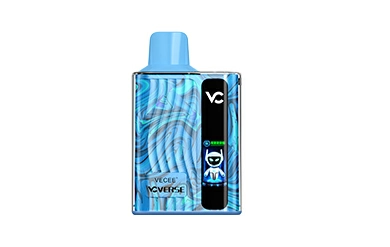
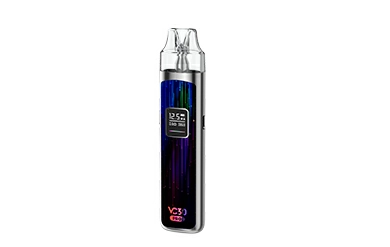
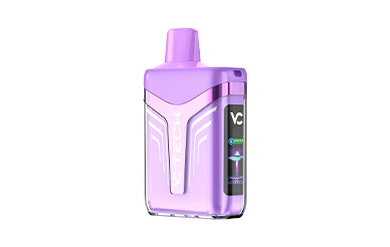








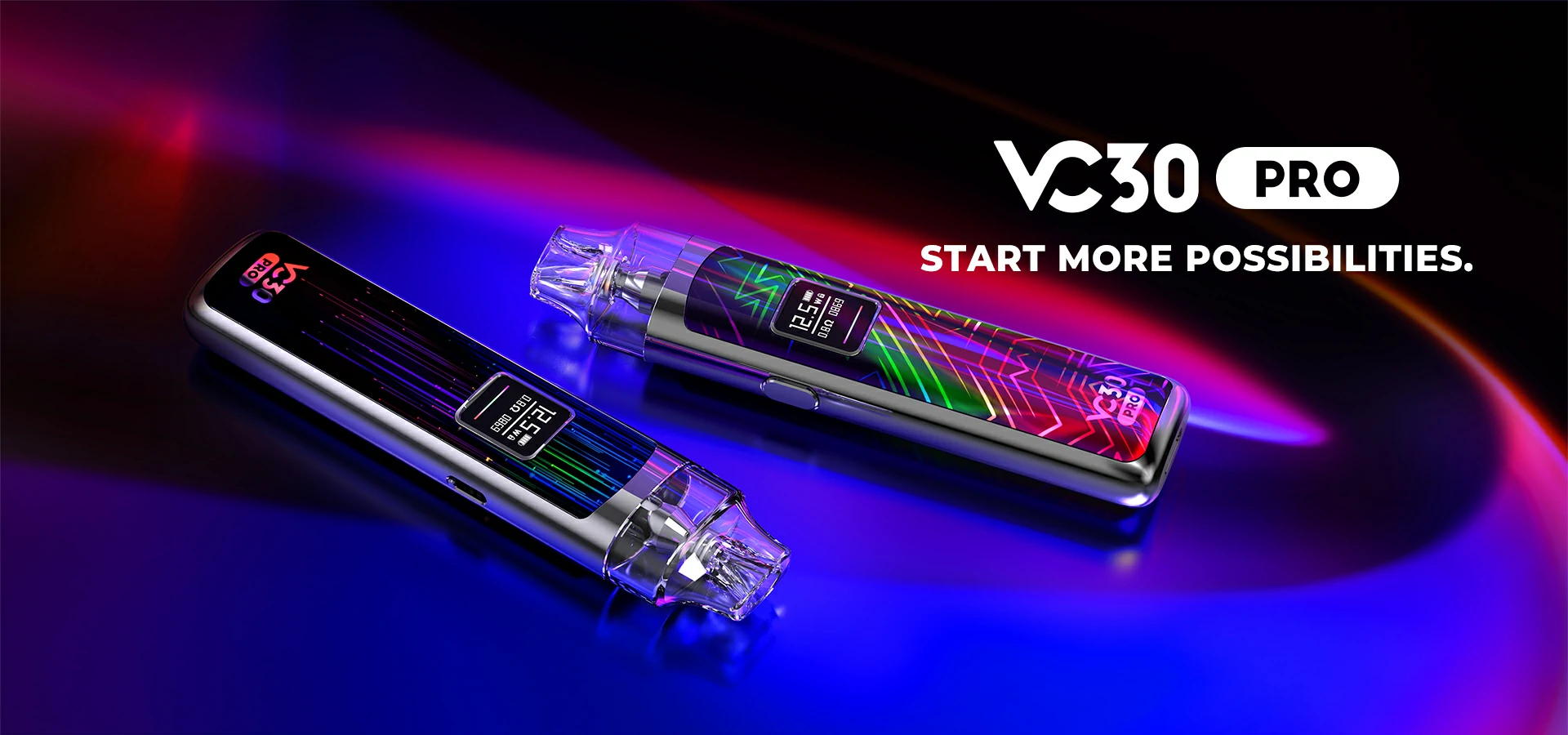
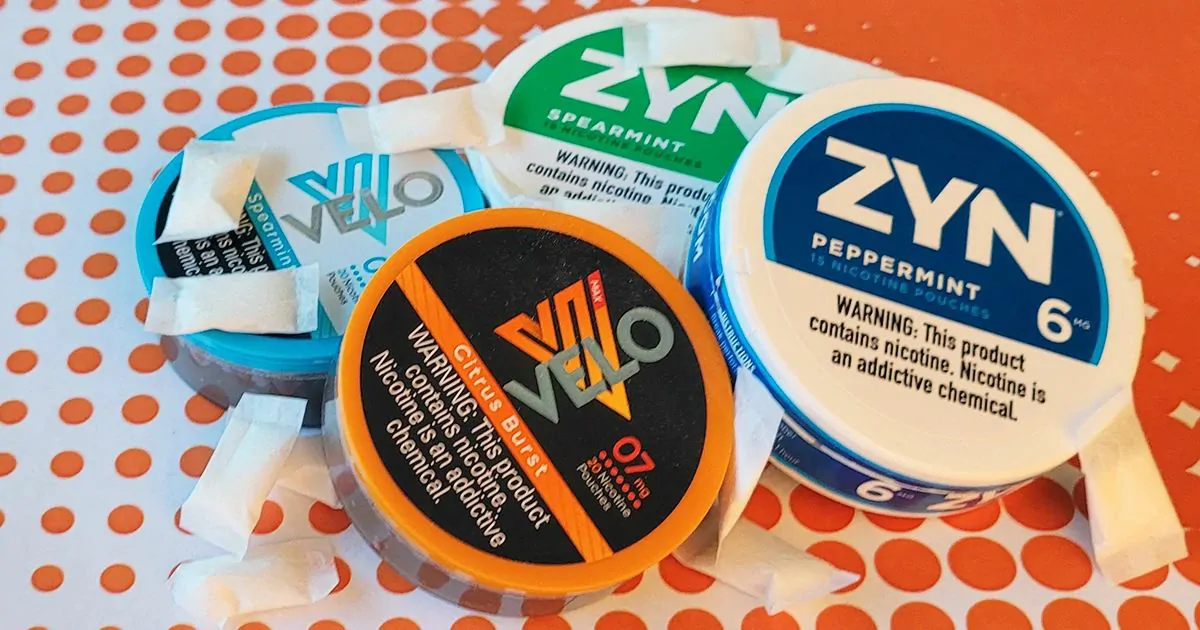


0 commentaires